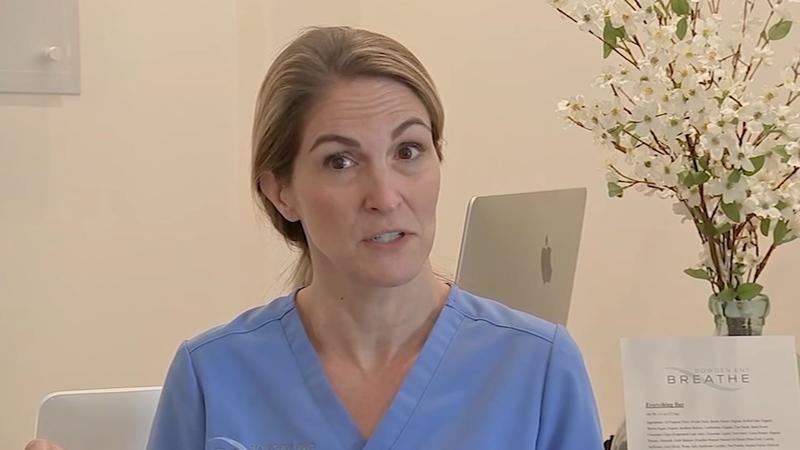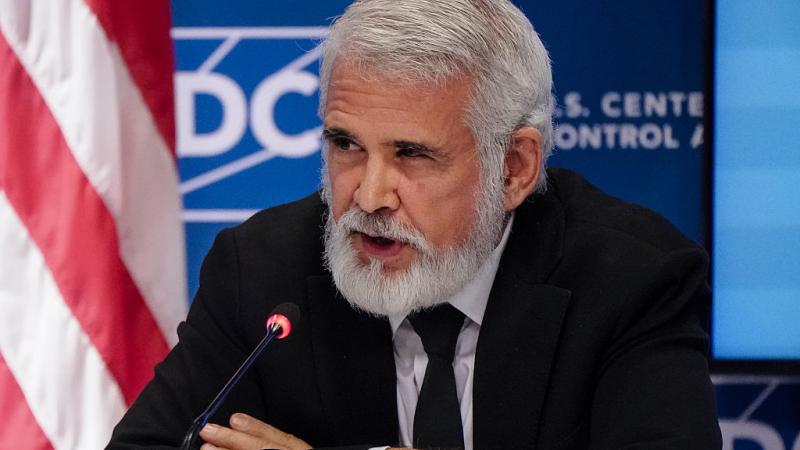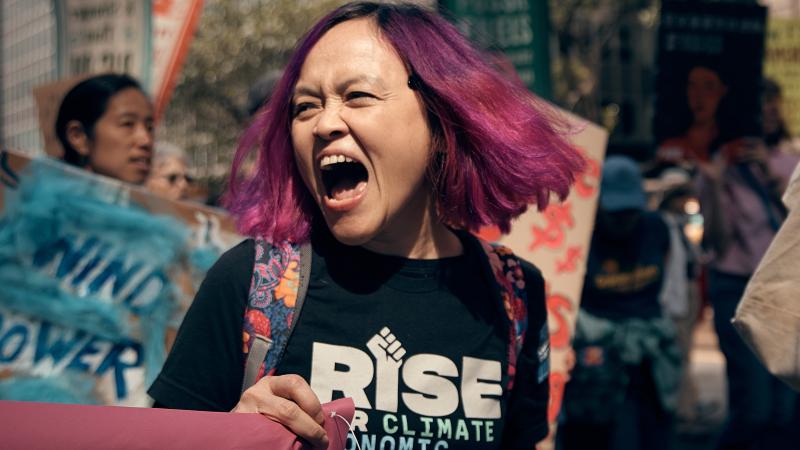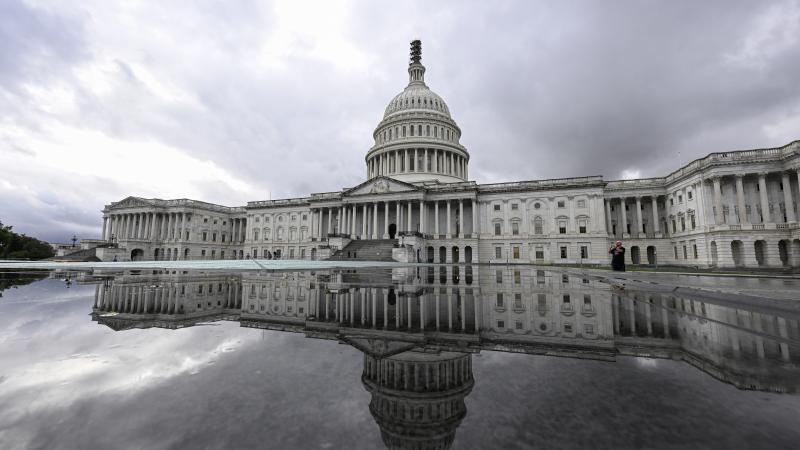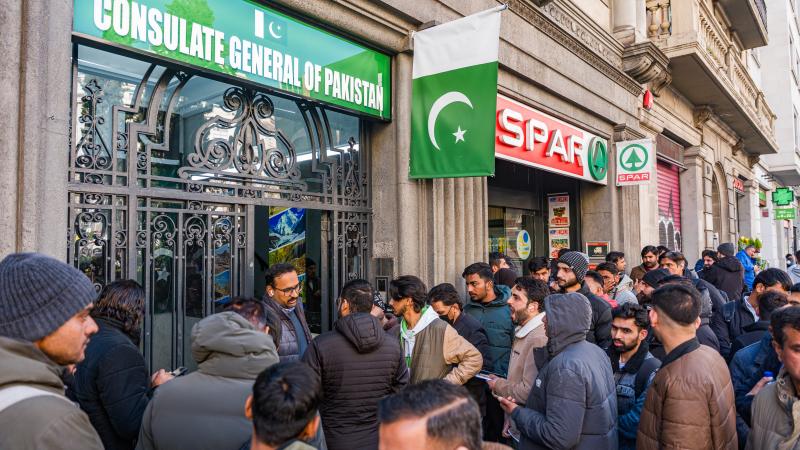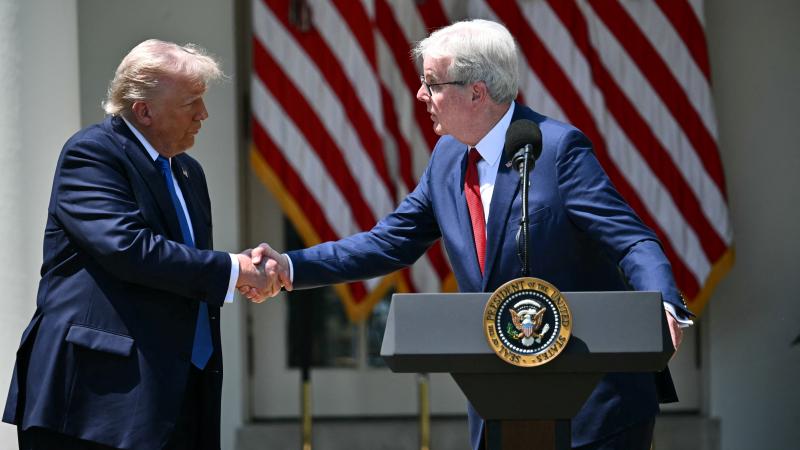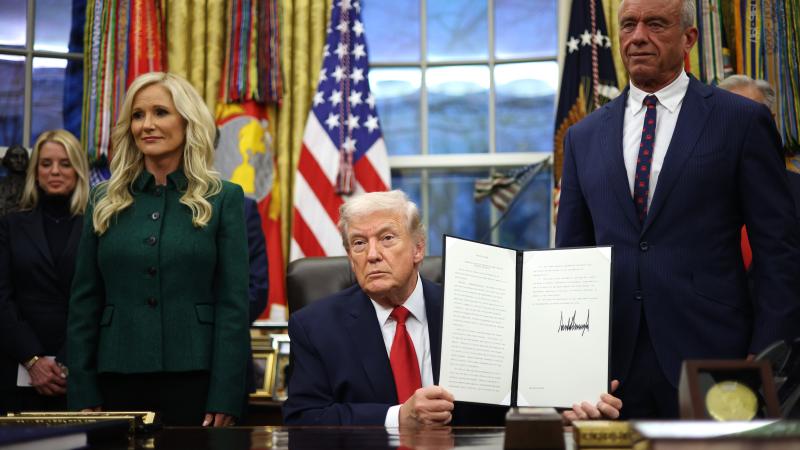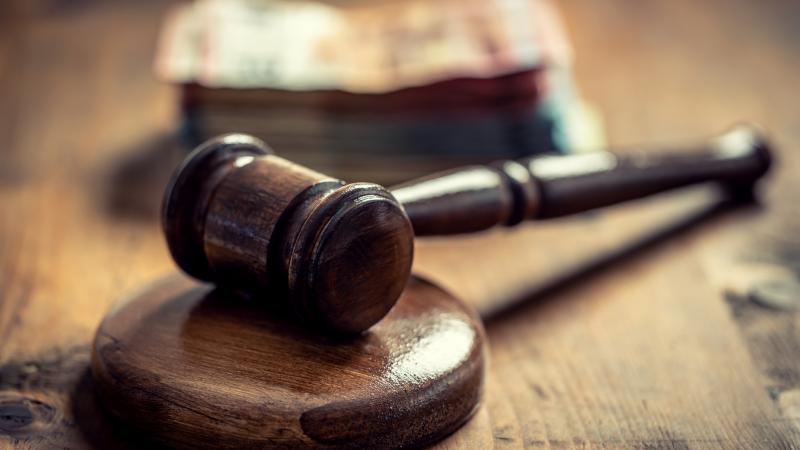White House outlines plan to vaccinate children aged 5-11 against COVID-19
Federal regulators are expected to meet over the coming weeks to discuss the vaccine’s safety and efficacy among young children.
The White House on Wednesday outlined its plan to vaccinate children ages 5 to 11, once the Food and Drug Administration grants authorization for school-age children to receive a low-dose version of Pfizer’s COVID-19 vaccine.
According to the Associated Press, children would be get vaccinated at their pediatrician’s offices or in clinics, or potentially at school.
Federal regulators are expected to meet over the coming weeks to discuss the vaccine’s safety and efficacy among young children.
Once the vaccine receives the FDA’s emergency approval, millions of batches of the low-dose version of Pfizer’s vaccine will be shipped to pharmacies and providers across the country. Smaller syringes that have been designed for children will also be shipped alongside the doses of the vaccines.
"We’re completing the operational planning to ensure vaccinations for kids ages 5 to 11 are available, easy and convenient," White House official Jeff Zients said. "We’re going to be ready, pending the FDA and CDC decision."
The AP notes that states have begun preparation for any potential logistical hurdles they may need to overcome in order to vaccinate nearly 28 million children, such as setting up vaccine sites.
In Maryland, officials have been coordinating with school districts to set up pop-up vaccination sites at schools across the state in order to provide easier access to the vaccine for working parents.
The White House is also planning on an educational campaign that will provide data about the safety of the vaccine in order to combat vaccine hesitancy among parents.
The Biden administration also announced that it is leaving it up to individual states as to whether schoolchildren will be required to be vaccinated against COVID in order to attend public schools.
U.S. Surgeon General Dr. Vivek Murphy expressed his support for requiring the vaccine in order to attend school by saying it’s a "reasonable thing to consider."
"It’s also consistent with what we’ve done for other childhood vaccines, like measles, mumps, and polio," Murphy added.
